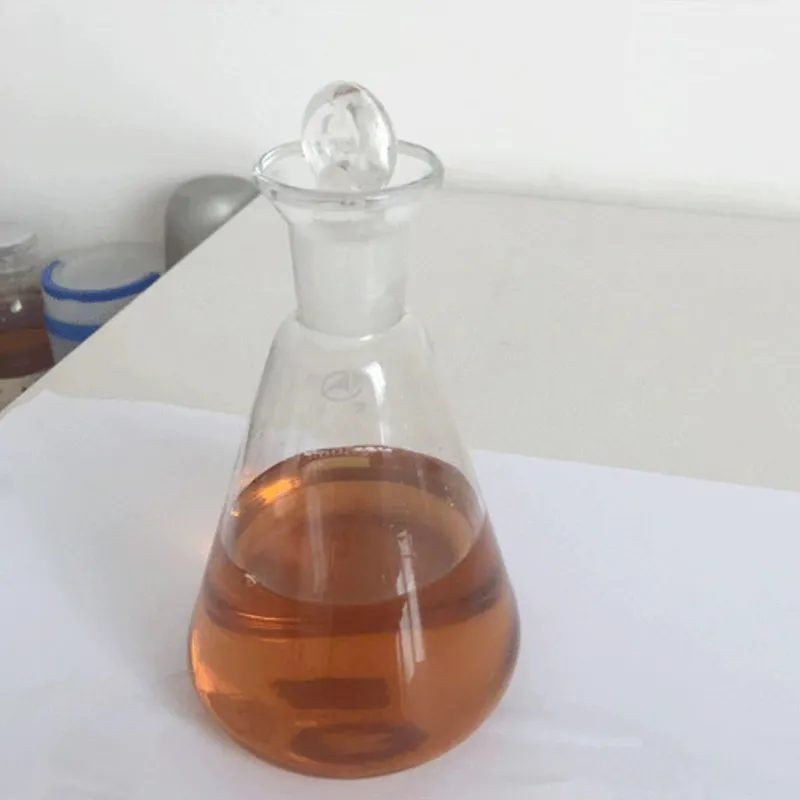
Sodium Benzoate Analysis and Applications in Food Preservation and Safety
Sodium Benzoate An Overview of Its Properties and Applications
Sodium benzoate is a widely used preservative and food additive that is recognized for its antifungal and antibacterial properties. With the chemical formula C7H5NaO2, sodium benzoate is the sodium salt of benzoic acid. It is a white crystalline powder, highly soluble in water, and has a slightly sweet taste. As a subject of extensive study, sodium benzoate plays an integral role in various industries, including food and beverages, pharmaceuticals, and personal care products.
One of the primary applications of sodium benzoate is in the food industry, where it is employed as a preservative to prevent the growth of molds, yeast, and certain bacteria. Specifically, it is effective at acidic pH levels, making it particularly useful in preserving acidic foods such as pickles, salad dressings, and carbonated beverages. The United States Food and Drug Administration (FDA) recognizes sodium benzoate as Generally Recognized As Safe (GRAS), meaning it is considered safe for consumption within specified limits.
However, the use of sodium benzoate is not without controversy. When sodium benzoate is exposed to high temperatures and ultraviolet light, it can form benzene, a known carcinogen. This has raised concerns, particularly in beverages stored in plastic containers or exposed to sunlight. Nonetheless, the concentrations of sodium benzoate used in food products are typically low enough to mitigate significant risks. Regulatory bodies continue to monitor its safety and suggest appropriate usage levels to ensure consumer health.
In addition to its preservative functions in food, sodium benzoate has applications in the pharmaceutical industry. It serves as a stabilizing agent in various formulations, helping to prolong the shelf life of medications. Its antimicrobial properties also make it valuable in preventing contamination in liquid medications and injectables. Furthermore, sodium benzoate is sometimes used in combination with other compounds in topical formulations to enhance their efficacy.
sodium benzoate pdf

The personal care industry also utilizes sodium benzoate in products such as shampoos, body washes, and cosmetics. Its role as a preservative helps ensure the longevity of these products by preventing microbial growth. Furthermore, it provides a stable pH environment, which is crucial for maintaining the integrity of various formulations.
In terms of environmental impact, sodium benzoate is considered relatively safe. It is biodegradable and does not accumulate in the environment in significant amounts. However, as with any chemical, the potential for adverse effects depends on concentration and exposure levels. This has led to increased interest in natural preservatives, prompting researchers to explore alternative solutions that can fulfill similar functions while minimizing health risks.
As consumer awareness regarding food additives increases, transparency around the ingredients used in products has become paramount. Many manufacturers are now labeling their products to disclose the presence of sodium benzoate. This shift towards greater transparency is beneficial for consumers, empowering them to make informed choices about the products they use and consume.
In conclusion, sodium benzoate is a multifunctional compound with essential roles in food preservation, pharmaceuticals, and personal care products. While there are concerns associated with its potential to form harmful byproducts under certain conditions, it remains one of the most widely used preservatives thanks to its effectiveness and safety profile when used appropriately. As the industry evolves, ongoing research and monitoring will ensure that sodium benzoate continues to meet the safety and quality standards expected by consumers and regulatory bodies alike.
-
Why Glacial Acetic Acid Food Grade Is Essential in FlavorNewsMay.26,2025
-
Surging Export Growth of Food Additives in ChinaNewsMay.26,2025
-
How Ammonium Nitrate Fertilizer Boosts Crop YieldsNewsMay.26,2025
-
How 1,2,3-Benzotriazole Shields Plastics from UV DegradationNewsMay.26,2025
-
Cyanide in Gold Mining: Protecting People and the PlanetNewsMay.26,2025
-
Aluminum Hydroxide in Modern Sunscreen FormulationsNewsMay.26,2025
-
Understanding Synthetic Rubber OptionsNewsApr.27,2025
Hebei Tenger Chemical Technology Co., Ltd. focuses on the chemical industry and is committed to the export service of chemical raw materials.
-

view more DiethanolisopropanolamineIn the ever-growing field of chemical solutions, diethanolisopropanolamine (DEIPA) stands out as a versatile and important compound. Due to its unique chemical structure and properties, DEIPA is of interest to various industries including construction, personal care, and agriculture. -

view more TriisopropanolamineTriisopropanolamine (TIPA) alkanol amine substance, is a kind of alcohol amine compound with amino and alcohol hydroxyl, and because of its molecules contains both amino and hydroxyl. -

view more Tetramethyl Thiuram DisulfideTetramethyl thiuram disulfide, also known as TMTD, is a white to light-yellow powder with a distinct sulfur-like odor. It is soluble in organic solvents such as benzene, acetone, and ethyl acetate, making it highly versatile for use in different formulations. TMTD is known for its excellent vulcanization acceleration properties, which makes it a key ingredient in the production of rubber products. Additionally, it acts as an effective fungicide and bactericide, making it valuable in agricultural applications. Its high purity and stability ensure consistent performance, making it a preferred choice for manufacturers across various industries.











